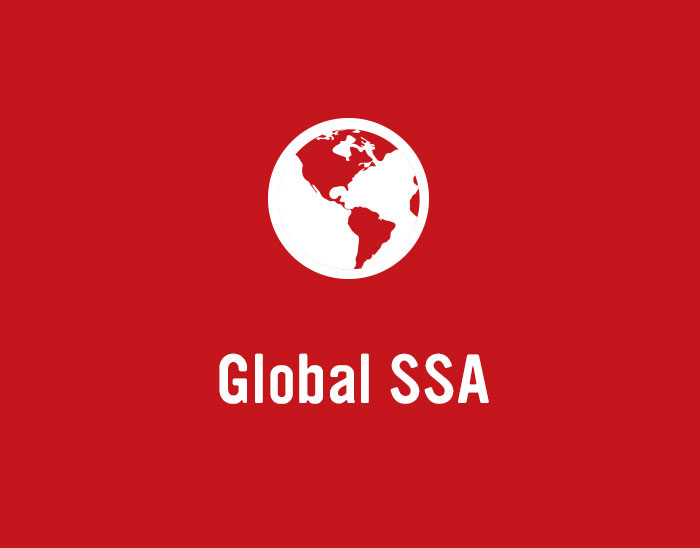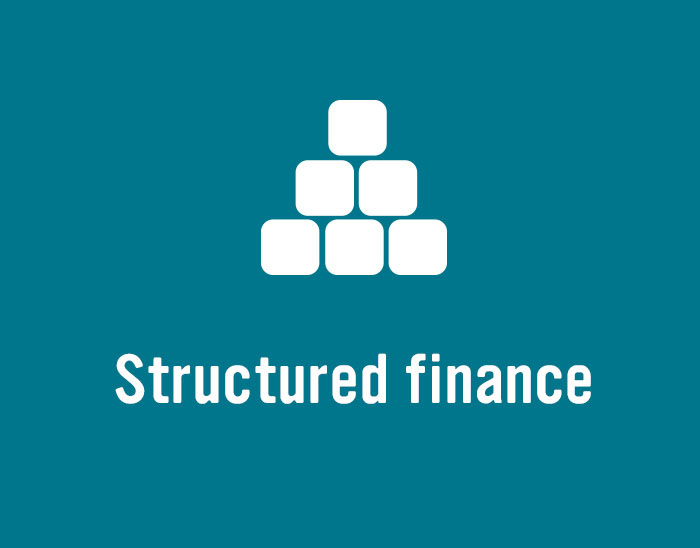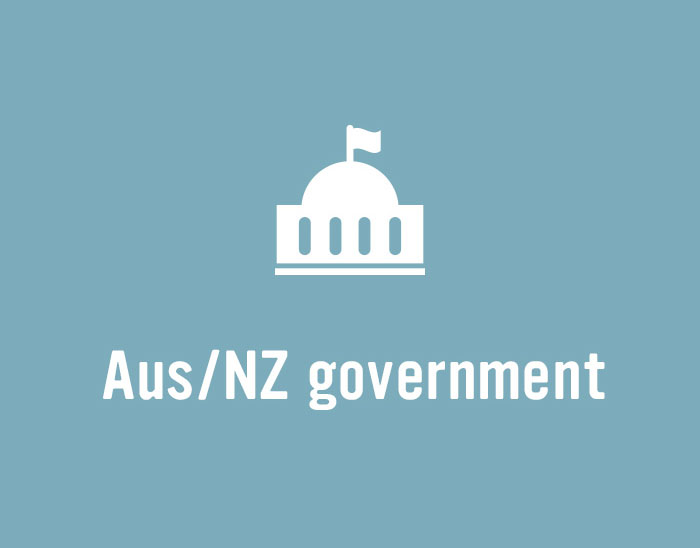
News

Contact Energy (Contact)’s new sustainability-linked loan (SLL) incentivises improvements in areas such as corporate governance, stakeholder engagement and environmental impact. Participants in the deal believe that the SLL product will be applicable for a broad set of borrowers in New Zealand as it is elsewhere.

On 16 January, International Finance Corporation (IFC) (AAA/Aaa) launched a minimum A$50 million (US$34.6 million) increase to its June 2029 Kangaroo bond. Indicative price guidance for the forthcoming deal is 43 basis points area over semi-quarterly swap, equivalent to 44.75 basis points area over Australian Commonwealth government bond. Pricing is expected on the day of launch, according to joint lead managers Nomura and TD Securities.

On 16 January, Pepper Group (Pepper) began taking indications of interest for its new auto and equipment asset-backed securities (ABS) transaction, Pepper SPARKZ Trust 2. Total capped volume for the deal is A$618.5 million (US$427.2 million), according to National Australia Bank.

Westpac Banking Corporation (Westpac) executed a multitranche senior-unsecured deal and a covered-bond transaction in the US dollar market on 9 January 2020. The issuer says it received strong ongoing support as major-bank benchmark deals continue to flow freely in domestic and global markets, though the US has been the jewel in the crown.

On 16 January, Housing New Zealand Limited (Housing NZ), a subsidiary of Kāinga Ora – Homes and Communities (Kāinga Ora), announced a NZ$2.5 billion (US$1.7 billion) wellbeing bond programme for the 2020 calendar year. It comes after the borrowing protocol limit for Kāinga Ora increased from NZ$3.05 billion to NZ$7.1 billion.

Australia has come a long way in the evolution of sustainable finance. Participants at the annual roundtable for the KangaNews Investing with Impact Yearbook agree that the conversation is moving towards a holistic assessment of environmental, social and governance (ESG) performance as opposed to a narrow focus on use-of-proceeds products. There is also bigger emphasis on transition in the sustainable-finance sector – a highly salient topic for the Australian economy. This could help further broaden the universe of entities that will work on integrating sustainability into their business practices.

On 16 January, Westpac Banking Corporation (Westpac) revealed plans to engage investors regarding a potential self-led, Australian dollar denominated residential mortgage-backed securities (RMBS) deal from its WST programme.

On 15 January, Kommunalbanken Norway (KBN) (AAA/Aaa) launched a minimum A$50 million (US$34.5 million) increase to its November 2029 Kangaroo bond. The deal is being marketed at 52 basis points area over semi-quarterly swap, equivalent to 57.05 basis points area over Australian Commonwealth government bond. Pricing is expected on the day of launch, according to J.P. Morgan.

The world’s first sustainability-linked bond and the evolution of transition bonds have led the executive committee of the Green Bond Principles (GBP), with the support of the International Capital Market Association (ICMA), to agree to embrace a wider scope of bond products for a more sustainable, low-carbon economy.
